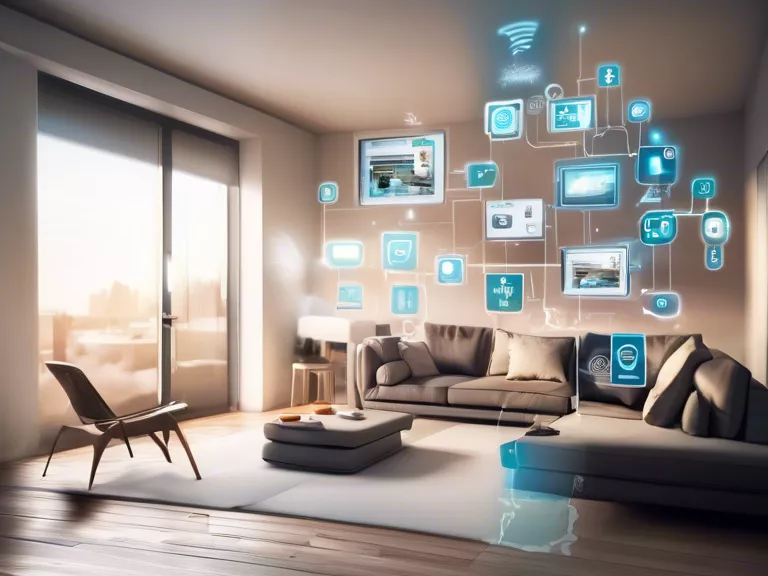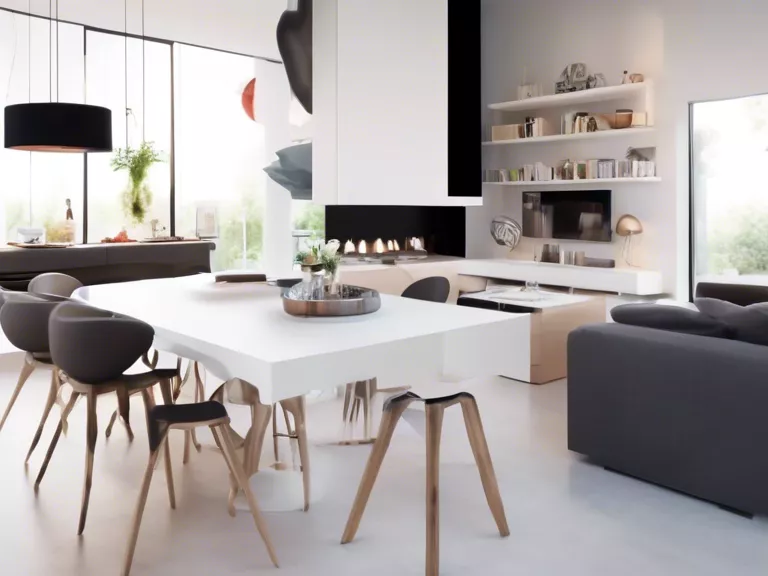
Introduction
In recent years, smart homes have emerged as a revolutionary trend in the realm of home living, promising greater convenience, efficiency, and security for homeowners. With the integration of cutting-edge technology into everyday household items, smart homes are paving the way for a new wave of digital living that is transforming the way we interact with our living spaces.
The Rise of Smart Homes
Smart homes are equipped with a range of connected devices that can be controlled remotely via a smartphone or other smart devices. These devices include smart thermostats, lighting systems, security cameras, door locks, and appliances, all of which are interconnected through a central hub or home automation system.
Benefits of Smart Homes
Convenience
One of the key advantages of smart homes is the convenience they offer to homeowners. With the ability to control various aspects of their homes remotely, such as adjusting the temperature, turning on lights, or locking doors, homeowners can enjoy greater flexibility and ease in managing their living spaces.
Energy Efficiency
Smart homes are designed to be energy-efficient, helping homeowners reduce their energy consumption and utility bills. Smart thermostats, for example, can learn the homeowner's schedule and preferences to optimize heating and cooling, while smart lighting systems can automatically adjust brightness levels based on natural light and occupancy.
Security
Security is a top priority for homeowners, and smart homes provide advanced security features to help protect the property and its occupants. With smart security cameras, motion sensors, and doorbell cameras, homeowners can monitor their homes in real-time and receive alerts about any suspicious activity.
Challenges and Considerations
While the benefits of smart homes are undeniable, there are also challenges and considerations that homeowners should be aware of. These include the initial cost of purchasing and installing smart devices, concerns about data privacy and security, and the potential for compatibility issues between different smart devices and systems.
The Future of Smart Homes
As technology continues to advance at a rapid pace, the future of smart homes is promising. We can expect to see even more sophisticated and interconnected smart devices that offer enhanced functionality and seamless integration. From AI-powered assistants that can anticipate our needs to smart appliances that can communicate with each other, the possibilities for smart homes are limitless.
Conclusion
Smart homes are at the forefront of the next wave of digital living, offering homeowners a range of benefits, including convenience, energy efficiency, and security. While there are challenges to consider, the future of smart homes looks bright, with continued innovation and advancements in technology shaping the way we live in and interact with our homes. Embracing smart home technology can not only enhance the quality of life for homeowners but also pave the way for a more sustainable and connected future.

